Democrats in Washington are taking aim at President Donald Trump's myriad scandals as they launch an anti-corruption push as part of their "Better Deal For Our Democracy" platform. The platform reprises a theme which Democrats used to regain control of Congress more than a decade ago.
House Minority Leader Nancy Pelosi of California and Senate Minority Leader Charles "Chuck" Schumer of New York introduced the new agenda of "democracy reforms." These reforms new ethics rules to abolish "self-dealing" and conflicts-of-interest which have become definitive of the Trump administration, according to a blueprint released earlier today.
"A Better Deal" is not entirely new: This is, in fact, the second phase of the rollout. The first phase, notes one report, kicked off last summer and offers proposals to "increase access to the ballot box, fight special interests and combat big money through campaign finance reform."
The Democratic message bears similarities to the party’s 2006 approach, which targeted a GOP "culture of corruption." The push was successful, and Democrats enjoyed a "blue wave" during that year's midterm elections.
How effective this strategy will be remains to be seen in the districts, but Democrats hope they can galvanize voters who are dissatisfied with the Trump administration to win the 23 seats Democrats would need to gain a majority in the House in November elections.
During a news conference, Senator Schumer said that Democrats pledge to “loosen the vice grip that special interests have over Republicans in Washington” and toughen up ethics laws “so that the president’s cronies can’t sell access to the highest bidder.”
"Republican-run Washington is defined by pay-to-play culture of corruption, cronyismm and incompetence that finds it's [sic] champion in @realDonaldTrump," Pelosi wrote on Twitter ahead of the news conference.
Schumer, also ahead of the news conference, shared similar sentiments.
"President Trump campaigned on draining the swamp, but it's never been more foul than under this president," he wrote.
Progressives applauded "A Better Deal" when it was unveiled last year, but it failed to make much headway amid the turbulent tide of the president's many scandals. The first rollout's message, for example, was undermined by Trump son-in-law and senior adviser Jared Kushner's meeting with the Senate Intelligence Committee.
According to Maryland Representative John Sarbanes, cynicism and distrust for American institutions have deeply affected the voter base.
"A lot of this is structural and a lot of it has been around for a long time," Sarbanes, who chairs the party's "Democracy Reform Task Force" and has introduced a bill titled the "Government by the People Act," told CNN. "Everybody knows it. The question is what are we going to do about it?"
He added:
We think this (new rollout) caffeinates, makes stronger and reinforces, all the other messages that are part of 'The Better Deal.' 'A Better Deal for our Democracy' is telling people that we want to find a way to give them their institutions back and make their voice count again...It's not just the access that lobbyists and consultants and, quote, 'strategic advisers,' have on behalf of their well-heeled clients, it's the influence that, in the case of Scott Pruitt, who's carrying water -- polluted water, I'd say -- on behalf of the oil and gas industry, has [on regulatory decisions].
The push comes as President Donald Trump meets with top Justice Department, FBI and intelligence officials to discuss congressional requests for information on Special Counsel Robert Mueller's investigation into Russian meddling in the 2016 presidential election.
Yesterday, the president attracted heated criticism after he demanded that the Department of Justice investigate whether the FBI spied on his presidential campaign.
"I hereby demand, and will do so officially tomorrow, that the Department of Justice look into whether or not the FBI/DOJ infiltrated or surveilled the Trump Campaign for Political Purposes - and if any such demands or requests were made by people within the Obama Administration!" the embattled president wrote on Twitter.
Trump's demand was in reference to a New York Times report that an FBI informant met with Trump campaign officials several times during the 2016 election cycle. The Justice Department, in response, announced it would refer the matter to the DOJ's inspector general to determine whether there was “any impropriety or political motivation in how the FBI conducted it counterintelligence investigation of persons suspected of involvement with the Russian agents who interfered in the 2016 presidential election.”


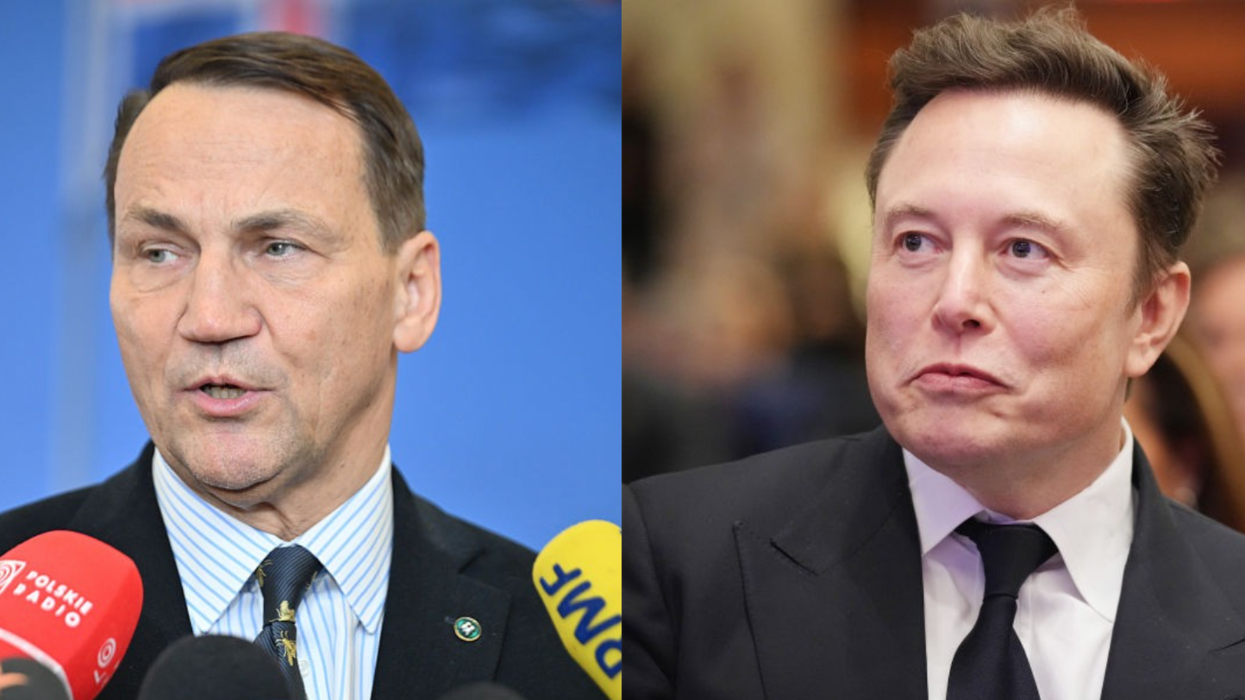


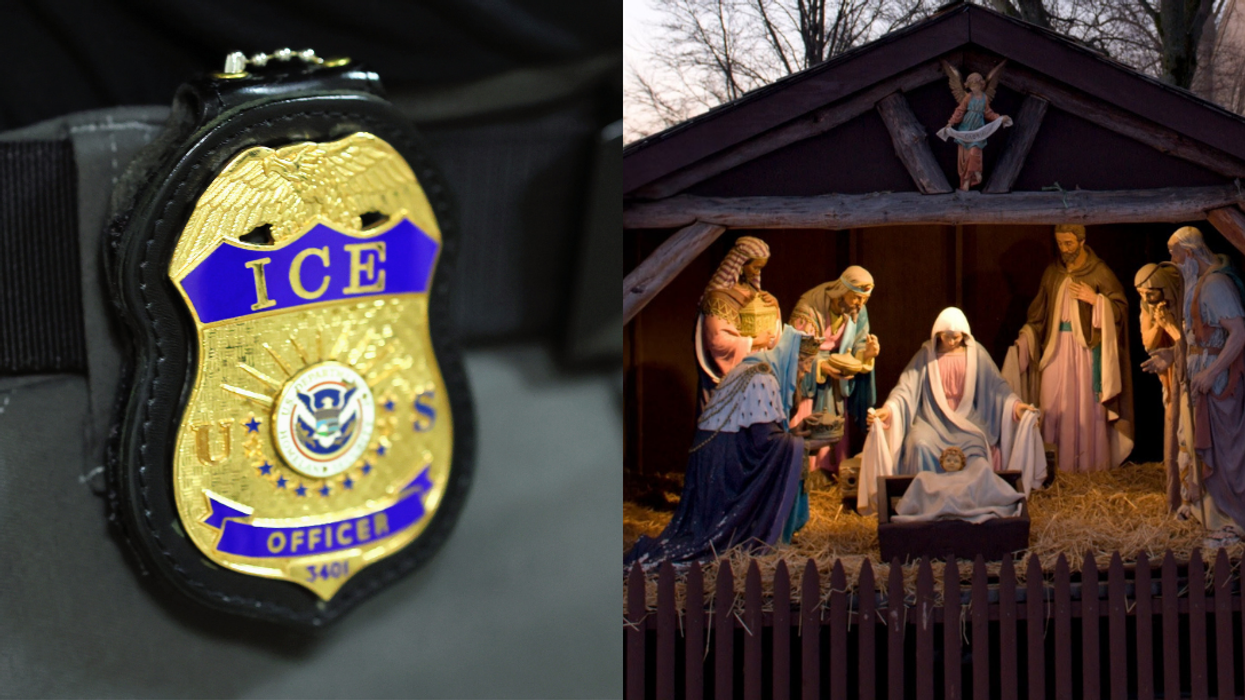
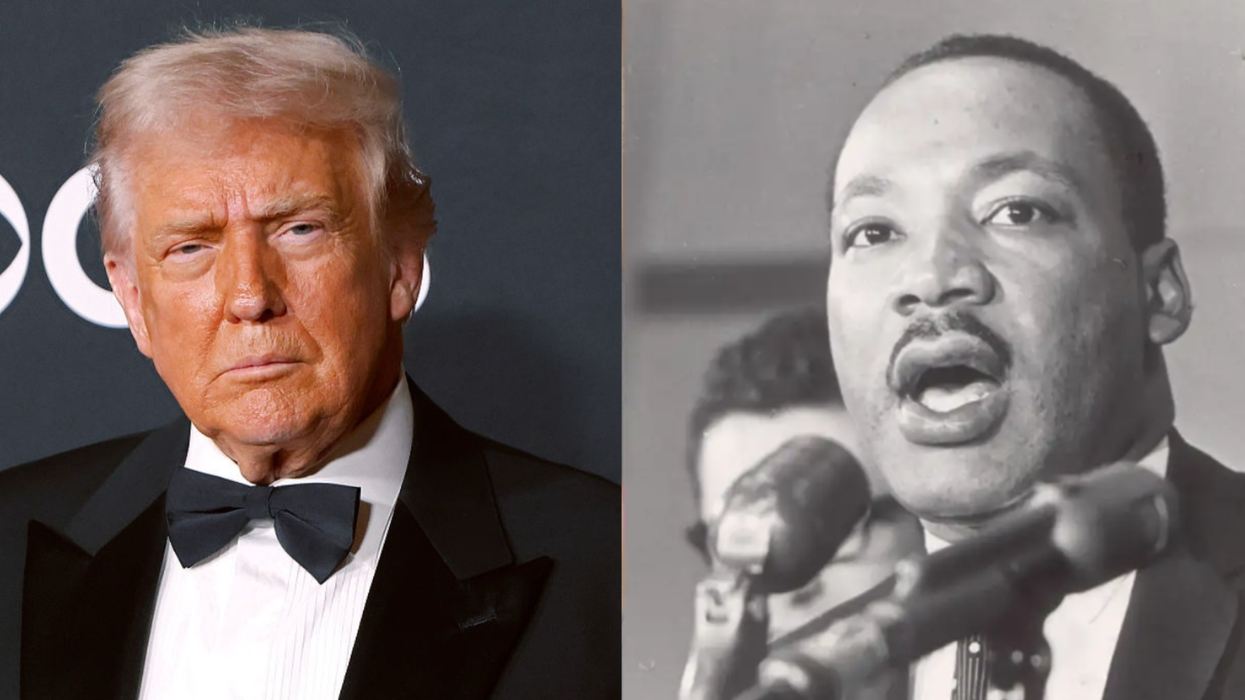
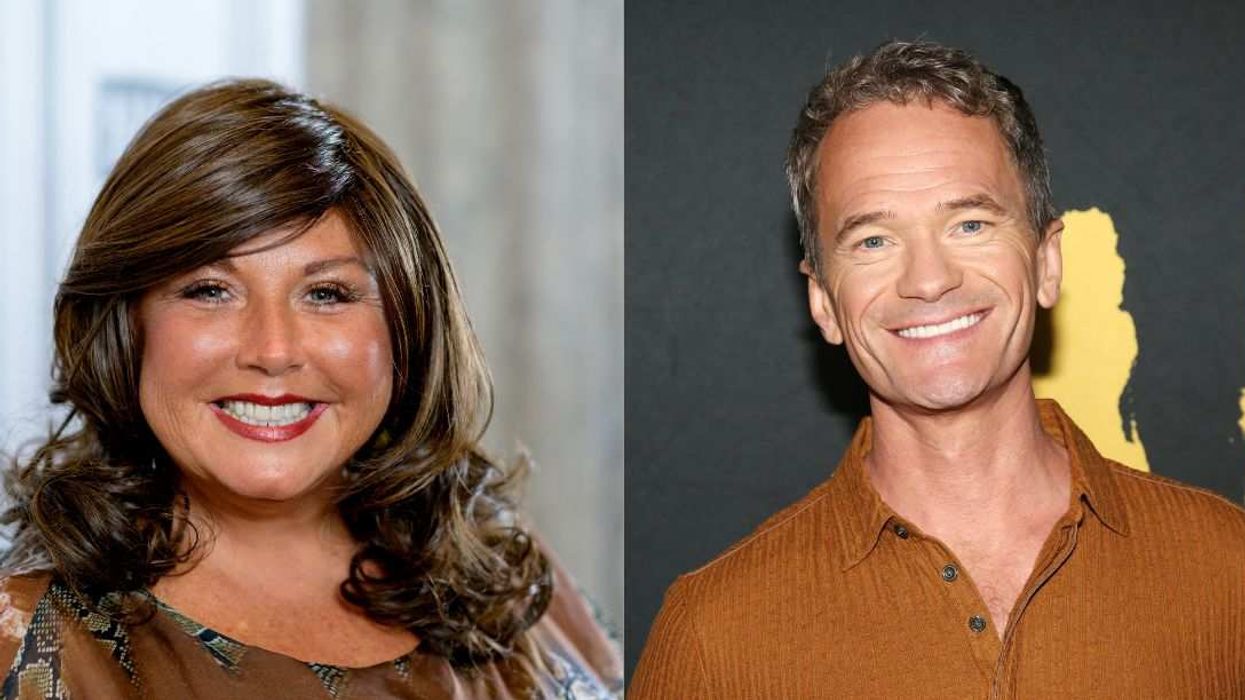
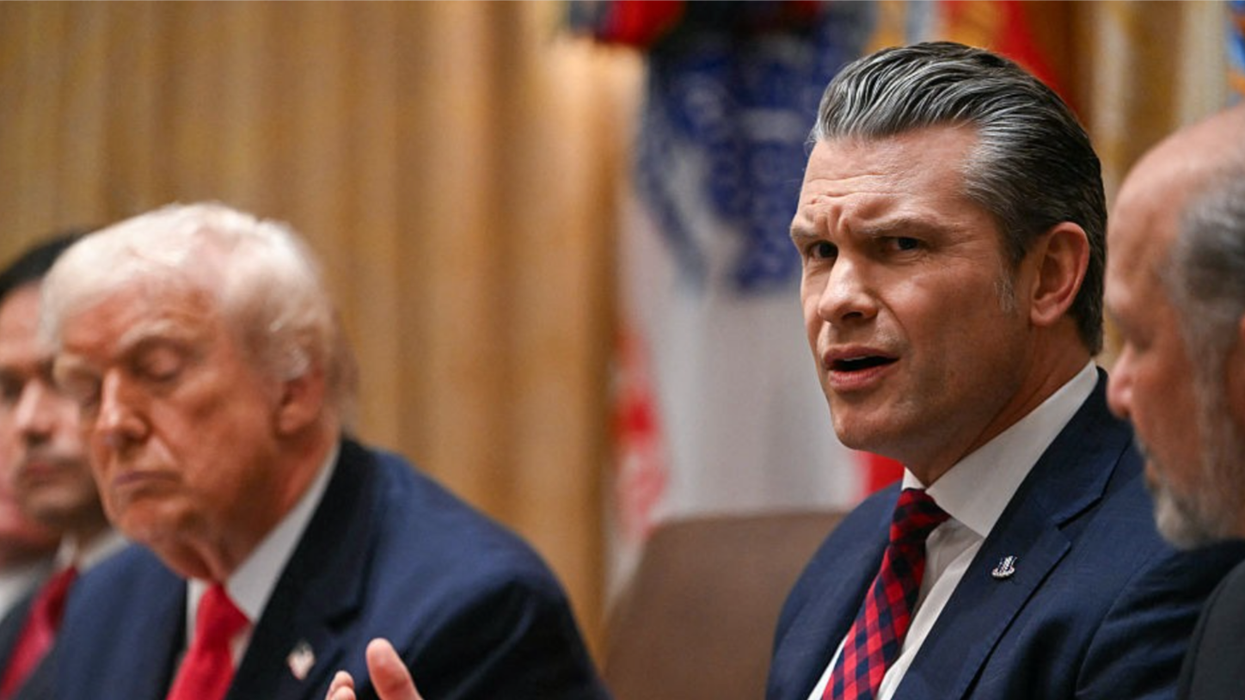
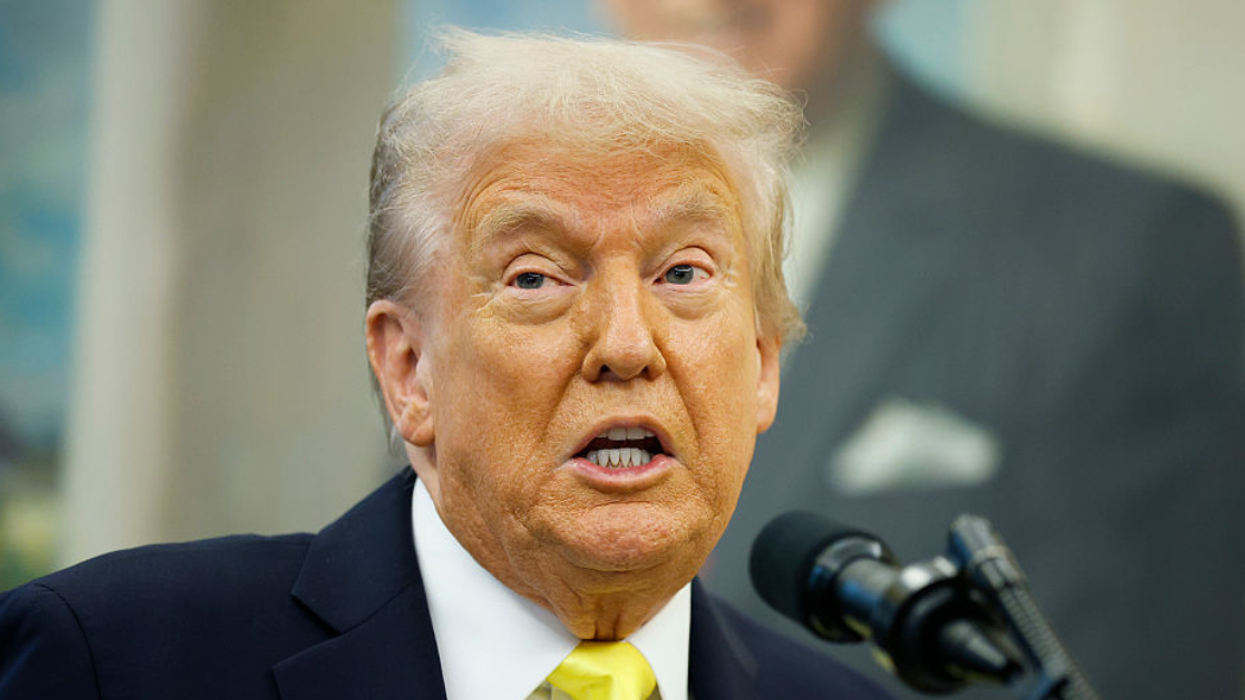
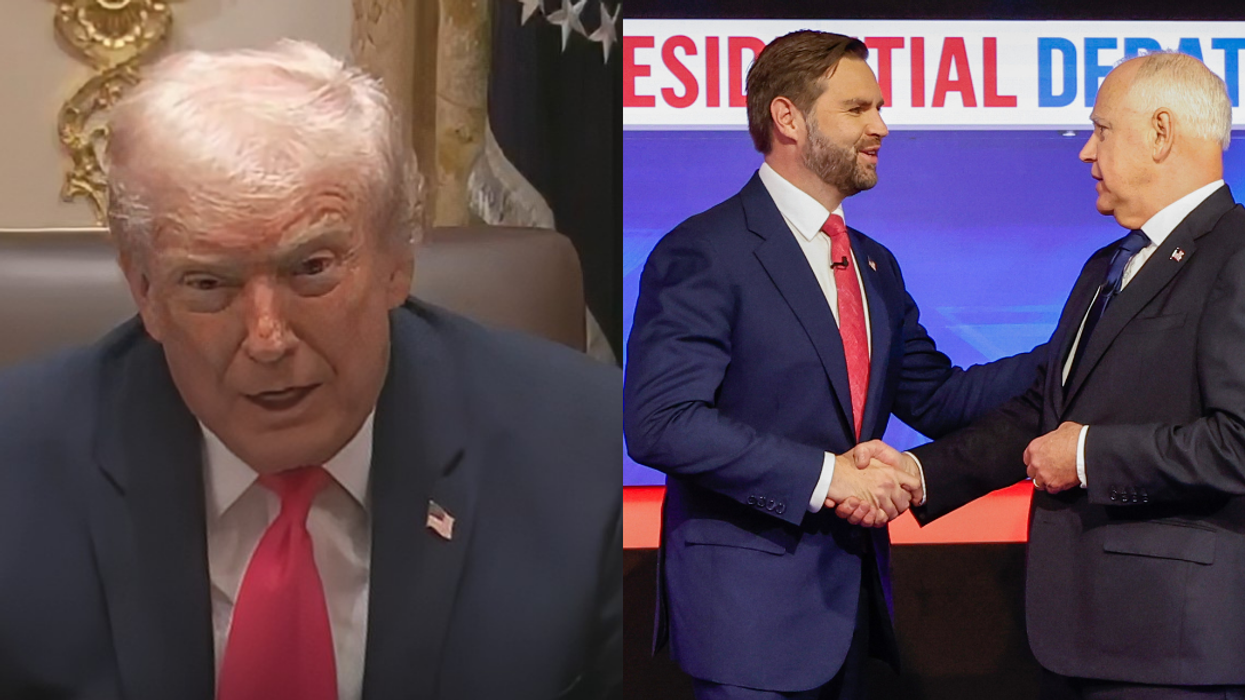

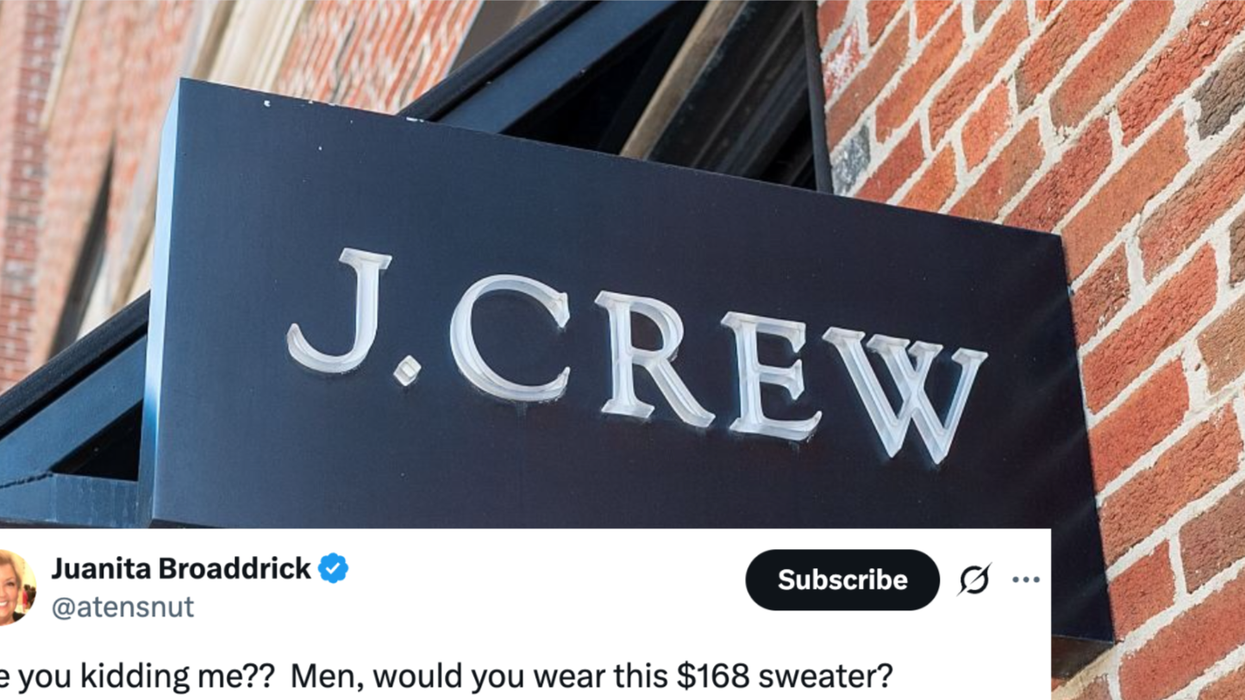
 J. Crew
J. Crew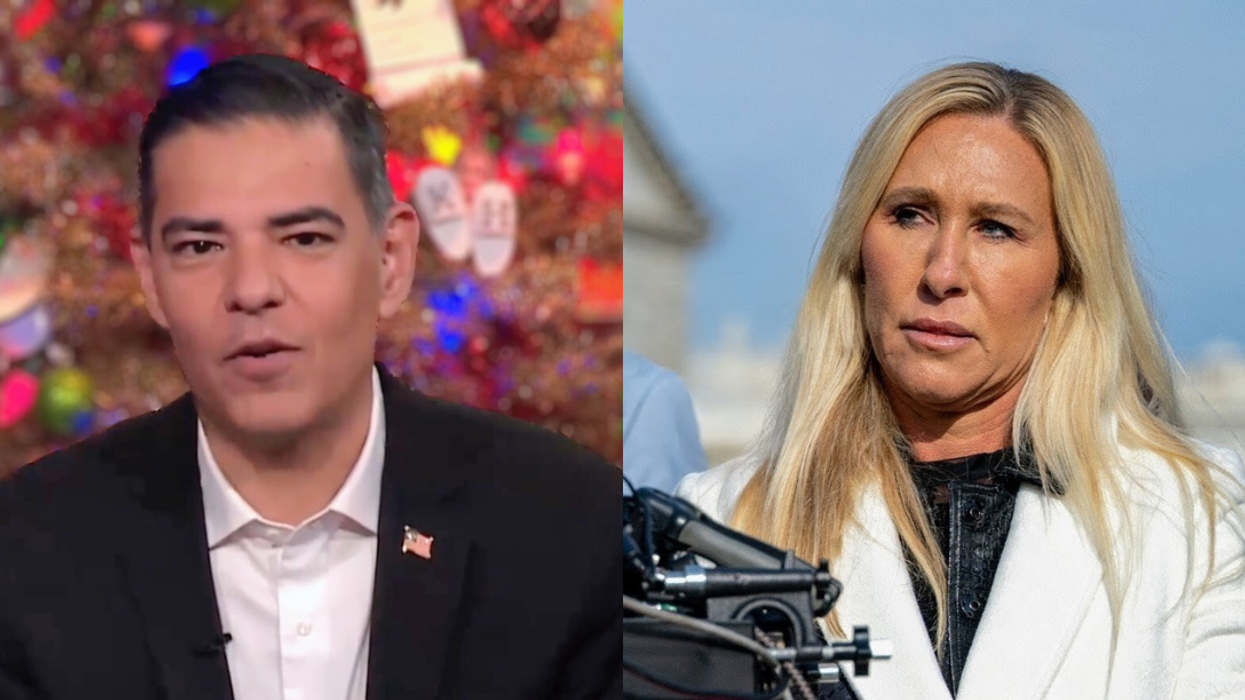
 @bravowwhl/TikTok
@bravowwhl/TikTok @bravowwhl/TikTok
@bravowwhl/TikTok @bravowwhl/TikTok
@bravowwhl/TikTok @bravowwhl/TikTok
@bravowwhl/TikTok @bravowwhl/TikTok
@bravowwhl/TikTok @bravowwhl/TikTok
@bravowwhl/TikTok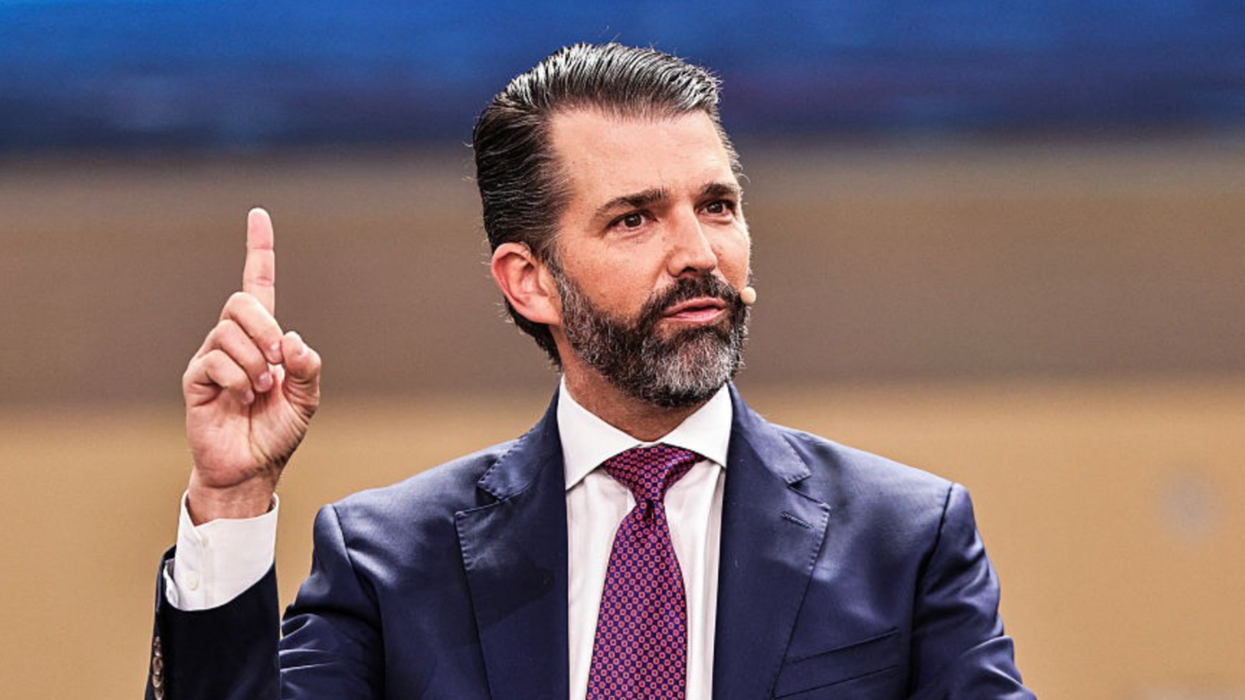

 wildlife mt GIF
wildlife mt GIF  Disney Perfect Loops GIF
Disney Perfect Loops GIF  Tired Music Video GIF by Elvie Shane
Tired Music Video GIF by Elvie Shane  Art Magic GIF by rubedox
Art Magic GIF by rubedox